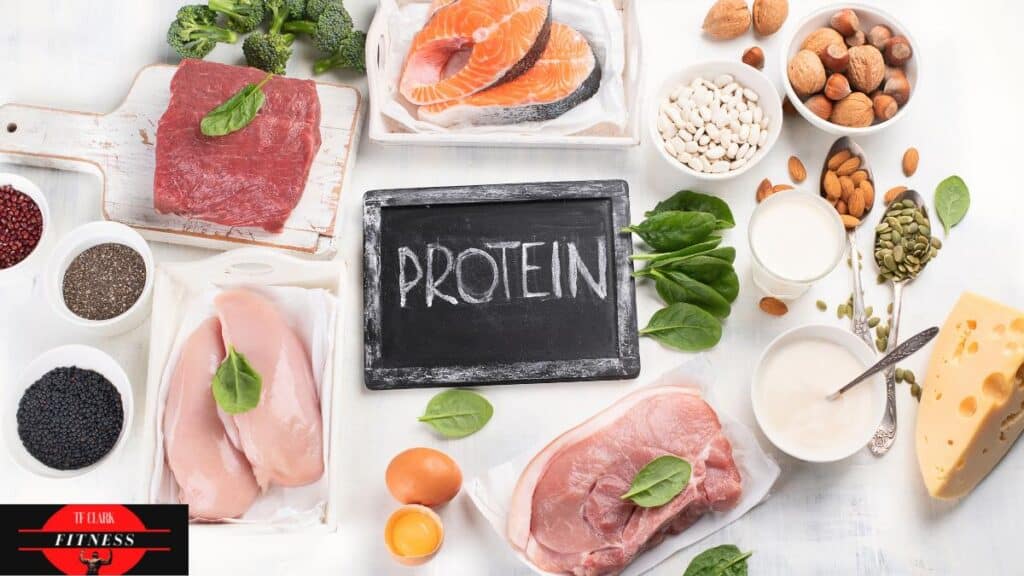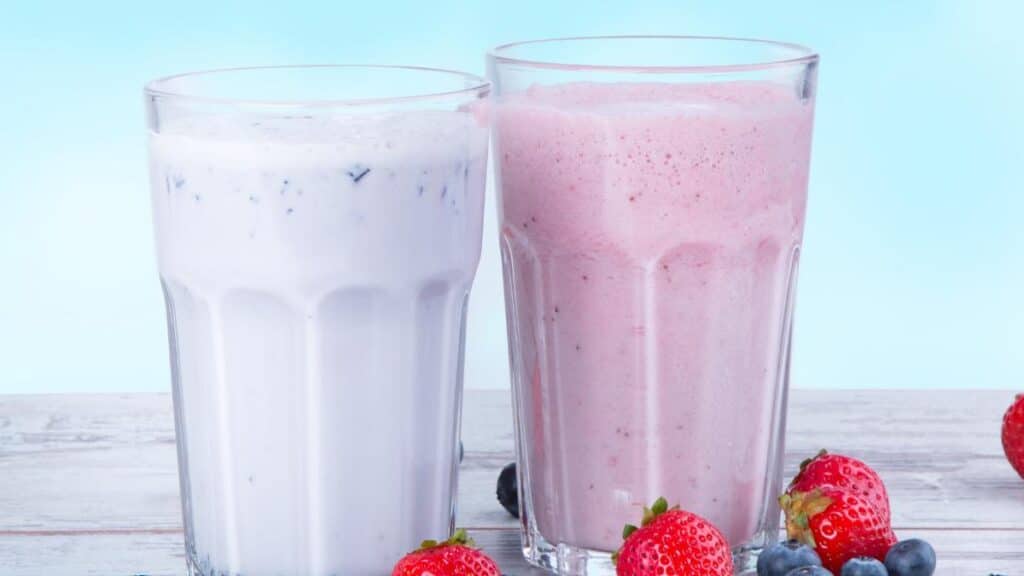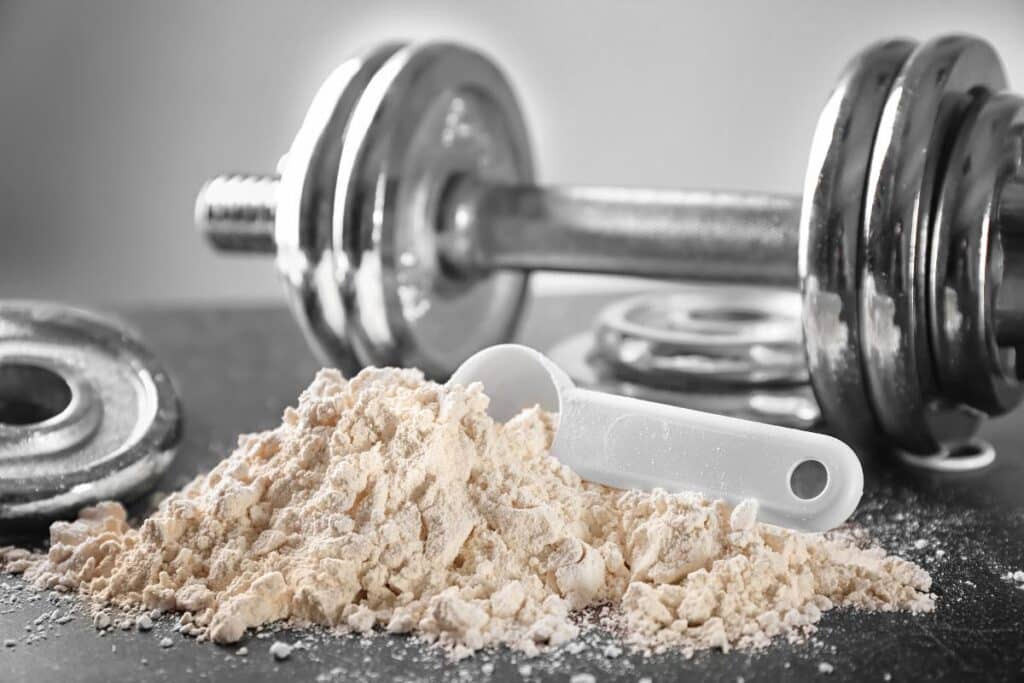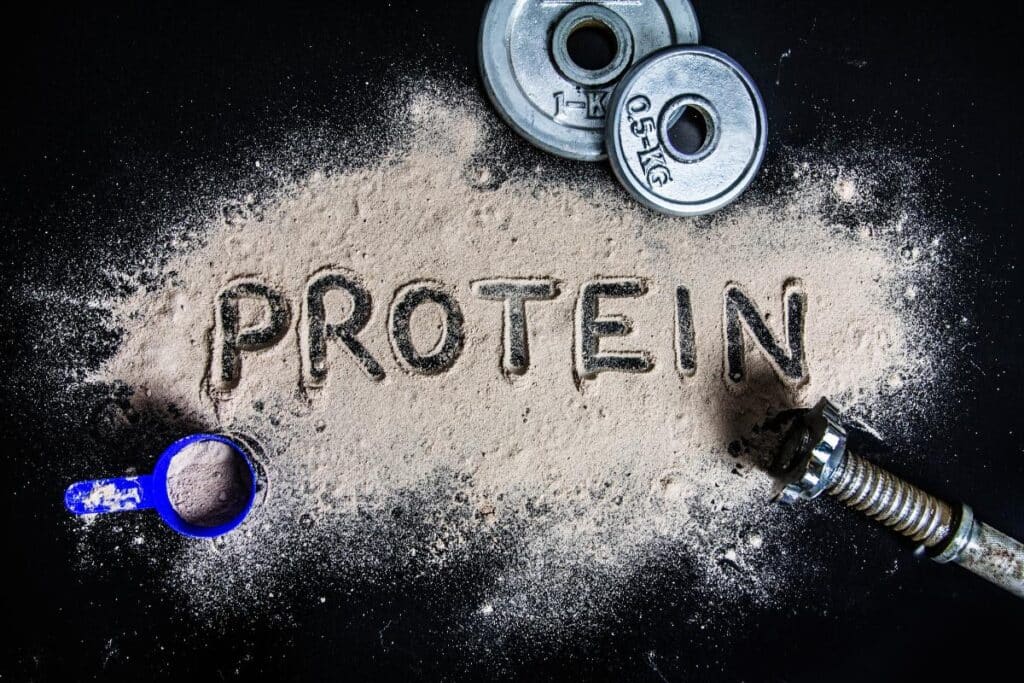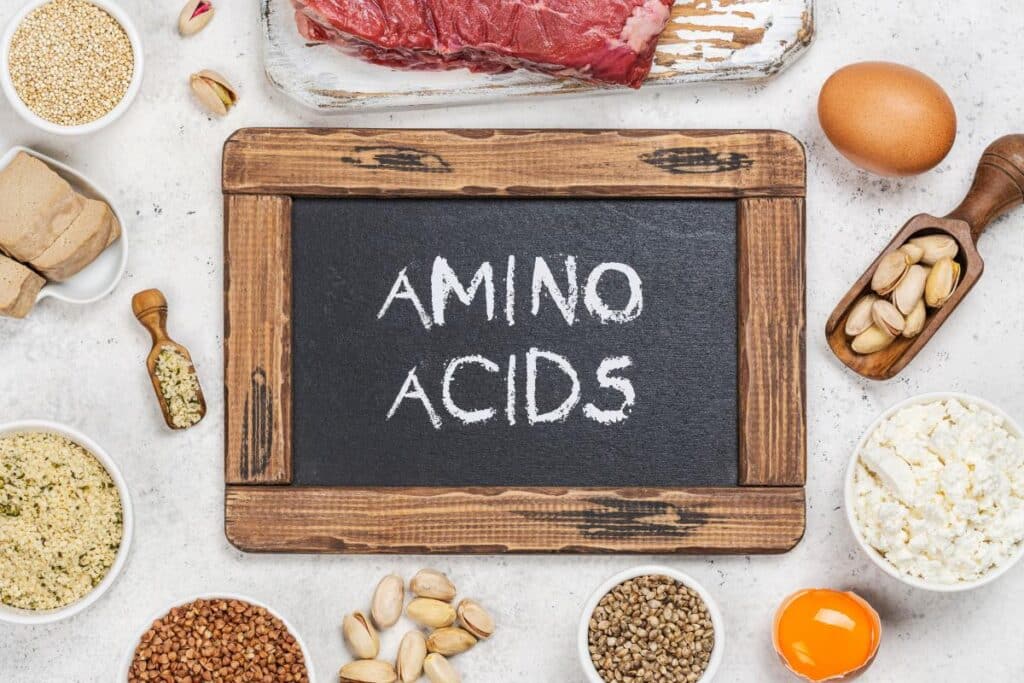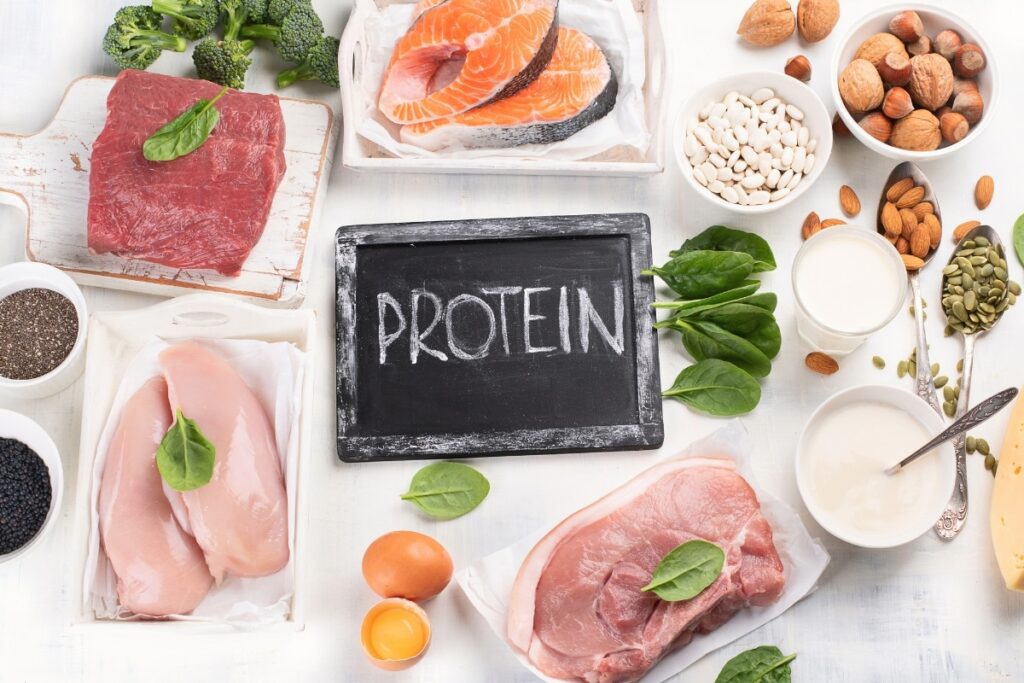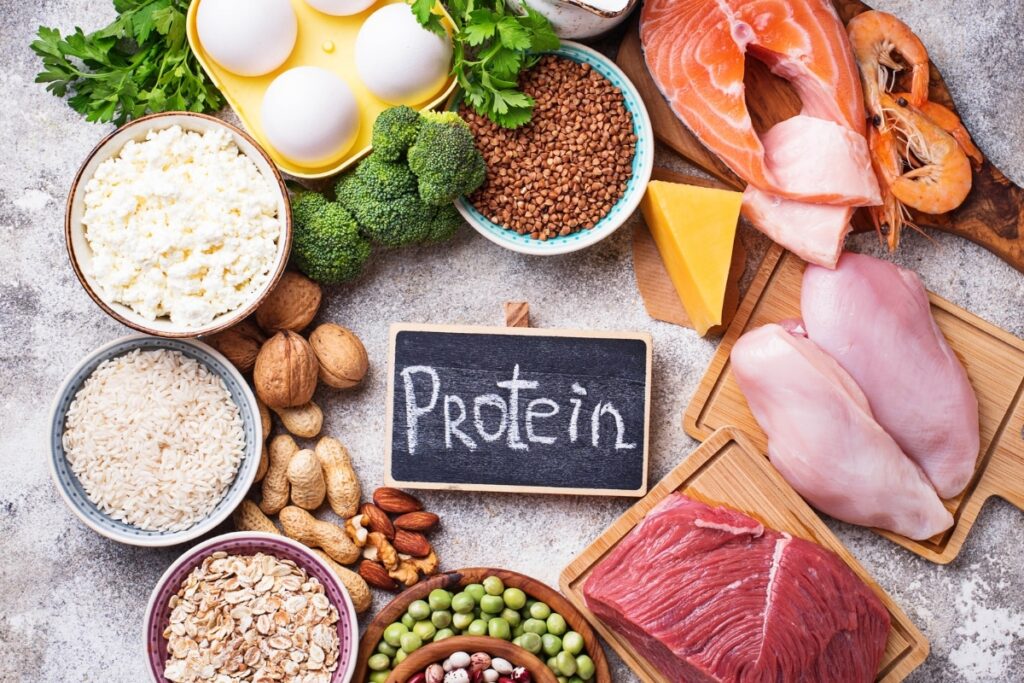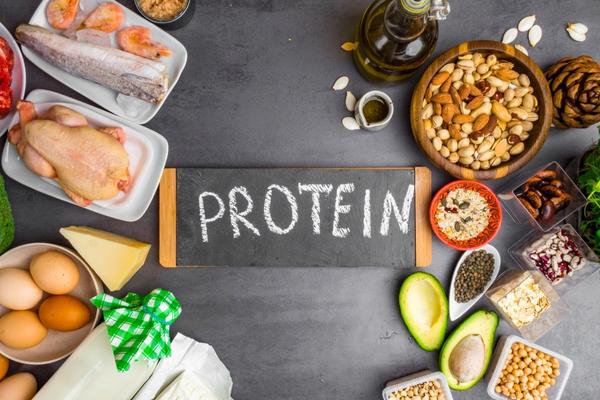Unlock Muscle Gains: 5 Top Proteins You Aren’t Eating Yet!
Discover the ultimate proteins for peak fitness! Dive into our guide to revolutionize your health and muscle growth with these game-changing options.
Unlock Muscle Gains: 5 Top Proteins You Aren’t Eating Yet! Read More >

